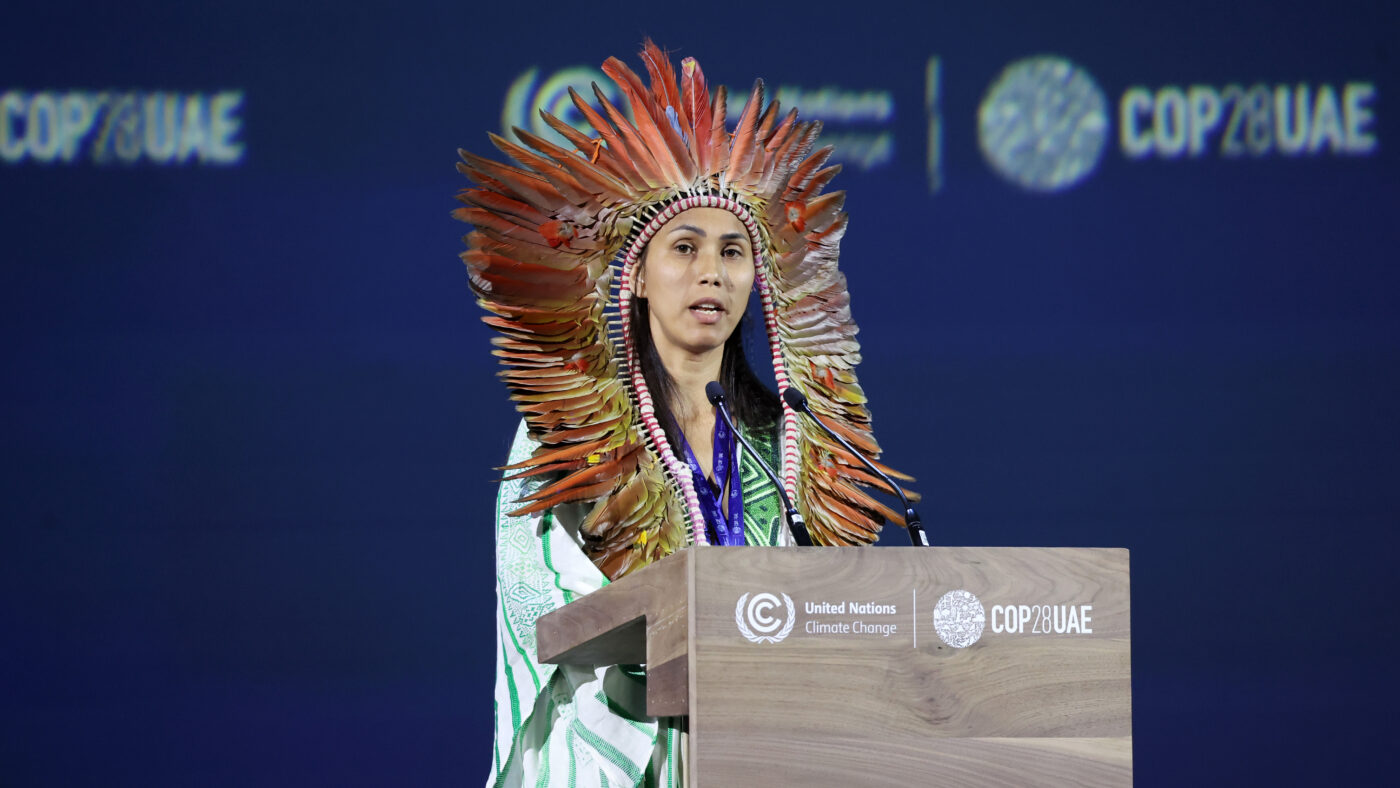Yesterday marked the start of COP28, the 28th United Nations Climate Change Conference, the biggest event of the year on the global quango calendar and likely to be the largest COP conference so far. Since 2017 attendance has increased for each conference, from 16,028 participants at COP23, to 36,674 participants at COP27 in 2022. It’s little wonder COP is such a huge draw. In the nearly three decades since it was first established, the conference has come to represent the chance to make history and grab the headlines for a certain class of quangocrats. When the Paris Agreement was signed in 2015, committing nearly two hundred states to limit global temperature increases below 2°C, the Guardian called it ‘the world’s greatest diplomatic success’. That’s a popular view, and a Tory party keen to burnish its green credentials has contributed to this mythologisation.
It is obvious to anyone who is paying attention that this tendency hasn’t done our ‘international standing’ much good. Earlier this year, UN General Secretary Antonio Guterres threatened state leaders including Sunak with being kept out of climate talks, which Sunak ultimately avoided by refusing to attend the UNGA in person. When Sunak slightly delayed commitments to phase out petrol cars from 2030 to 2035, the chief executive of the London Chamber of Commerce and Industry warned that we look ‘incapable of leading the green energy revolution’. Far from a meaningful form of soft power, the UK’s ‘international standing’ is just a stick with which to beat opponents of radical Net Zero policies.
Despite the bloviating, the UK is a world leader on climate change by any reasonable measure. In addition to £85bn spent on global quangos such as the UN, a recent injection of $2bn to the Green Climate Fund is equal to the total contribution of the USA, which has an economy seven times larger than our own. The UK is also a strong candidate in terms of emissions, producing less than 1% of the global total, and Sunak is just the latest in a long line of British Prime Ministers falling over themselves to prove their green credentials. May introduced the 2050 Net Zero commitment into law, and Johnson was hawkish on the issue, publishing the world’s first Transport Decarbonisation Plan in 2021.
Since 2016, COP has been held in conjunction with meetings regarding the Paris Agreement, and limiting global warming to a 2°C increase has established itself as the watchword for a serious approach to climate change. The UK has been a key player in making this case to the world, and president of COP26 Alok Sharma, appointed when he was Secretary of State for Business, Energy and Industrial Strategy, was moved to the Cabinet Office specifically to focus on the role full-time. At the very same COP conference, the UK led a group of 25 countries in the call to ‘end international public support for the unabated fossil-fuel-energy sector’.
COP28 looks set to introduce further bizarre zealotry into the climate conversation. Reports suggest that nations which ‘over-consume meat’ will be asked to reduce their reliance on these products. Some politicians might trick themselves into believing that enforcing privations on the British people will win them points abroad and enhance our global green credentials. But not only is this unlikely to convince anyone, considerable progress can be made on environmental goals without any punishing bans or new taxes. For instance, the campaign group Britain Remade has recently demonstrated how liberalising planning laws around wind farms and nuclear facilities could significantly enhance the availability of clean energy in the future.
So long as a vacuous discussion about the UK is regarded abroad dominates Net Zero policy, it will be difficult to make wise choices for the future. The hysterical rhetoric of UN General Secretary Antonio Guterres and alarming reports about demands for less meat-eating show that COP28 is unlikely to offer real solutions. There may be huge environmental gains to be made by supply-side reforms at home which facilitate research into renewable energy, but we are saddled with a political class that is more concerned with punishing taxpayers in service of an imaginary international reputation.
Click here to subscribe to our daily briefing – the best pieces from CapX and across the web.
CapX depends on the generosity of its readers. If you value what we do, please consider making a donation.


